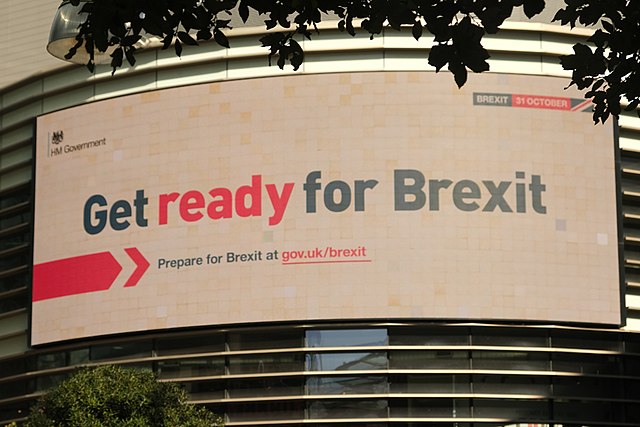On January 31, 2020, Great Britain struck out on its own, officially leaving the European Union in a historic move known as Brexit. This departure marked a significant milestone in European politics and ended a complex, often contentious relationship between the UK and the EU. The journey began on June 23, 2016, when the British public voted in a referendum, choosing to exit the EU by a slim majority of 52% to 48%. British citizens voiced their concerns through this decision, highlighting issues of national sovereignty, immigration, and a strong desire for legislative independence. The outcome of the referendum shook the political foundations of both the UK and Europe, prompting the resignation of then-Prime Minister David Cameron, who had advocated for remaining within the EU.
In the wake of the referendum, the UK plunged into political uncertainty and intense negotiation. Theresa May, Cameron’s successor, activated Article 50 of the Lisbon Treaty on March 29, 2017, officially initiating the UK’s withdrawal from the EU. The UK and the EU faced a tough negotiation process, wrestling with the intricate task of unraveling decades of political, economic, and legal ties. Critical issues at stake included the rights of EU citizens in the UK and British citizens in the EU, the future of the Irish border, and the shape of future trade agreements.
The negotiation timeline was extended repeatedly as the British Parliament grappled with the terms of the withdrawal agreement. Parliament rejected Theresa May’s proposed deal several times, leading to her resignation and Boris Johnson’s rise to Prime Minister in July 2019. Johnson renegotiated the withdrawal agreement, especially the Northern Ireland protocol, and won a general election in December 2019, securing a commanding majority for his Conservative Party. This majority enabled him to pass the revised withdrawal agreement, and the UK entered a transition period until the year’s end.
Throughout the transition period, the UK and the EU engaged in further negotiations to define their future relationship, focusing on trade, security, and governance. These negotiations proved complex and contentious, with both sides striving to safeguard their interests. The COVID-19 pandemic intensified the pressure on these talks, as both the UK and the EU contended with significant health and economic crises. Despite these challenges, negotiators reached an agreement on the EU-UK Trade and Cooperation Agreement on December 24, 2020, just in time before the transition period concluded.
Brexit has left a lasting impact on Great Britain, the EU, and the global community. The UK has been forced to carve out a new role for itself internationally, pursuing fresh trade deals and alliances beyond Europe. The EU, on the other hand, has had to confront the loss of one of its key members and the challenges of preserving unity while dealing with the ramifications of the UK’s exit.






